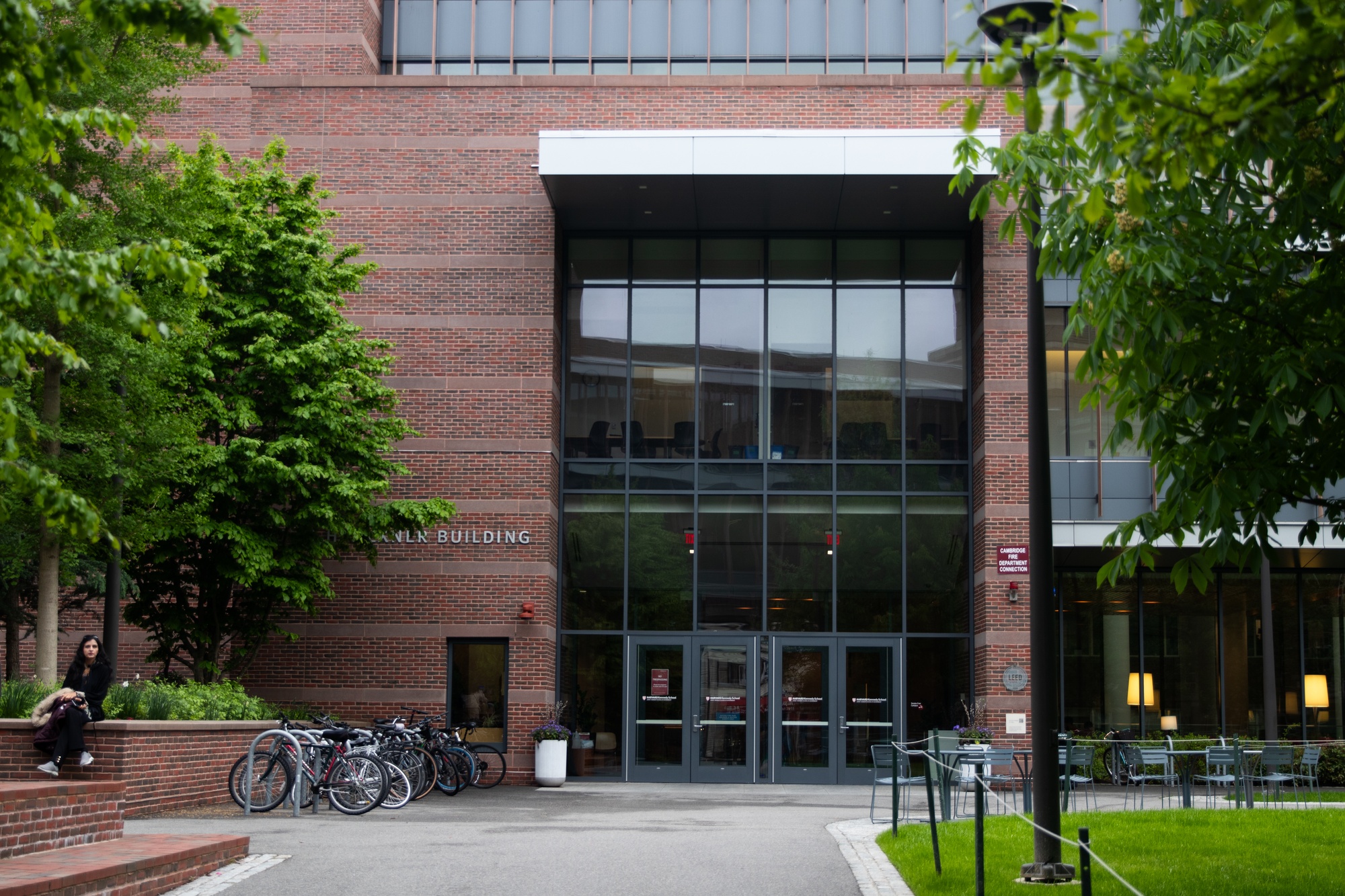Prominent Harvard economist Jason Furman ’92 has voiced apprehension over the potential long-term consequences of policies pursued by the Trump administration, particularly regarding the independence of the Federal Reserve. Speaking at a panel hosted by the Harvard Kennedy School, Furman warned that political interference in monetary policy could undermine economic stability beyond the current term. n n”I’m personally nervous about the independence of the Federal Reserve under Donald Trump,” Furman stated, cautioning that turning the central bank into a politically influenced institution could set a damaging precedent. He was joined by Economics Professor Carmen M. Reinhart and research fellow Edoardo Campanella in discussing recent fluctuations in the U.S. dollar and broader implications of current economic strategies. n nFurman criticized the expansive use of executive authority to shape economic outcomes, suggesting that future administrations—regardless of party affiliation—might follow suit, normalizing such overreach. “It’s possible they’ll be like, ‘Heck yeah, I love everything Donald Trump did — I just want to do the Democratic version of it,’” he remarked. n nLast week, Trump petitioned the Supreme Court to remove Federal Reserve Governor Lisa Cook, a nominee appointed during the Biden administration. If successful, this move would give Trump-aligned appointees a majority on the board, potentially paving the way for more aggressive interest rate reductions. n nThe panelists also addressed the sharp rise in tariff rates, which have surged from an average of 3 percent last year to around 18 percent—far exceeding earlier expectations of a rise to 8 percent. Furman described the shift as unexpected and concerning. When asked about the future of the dollar, he responded succinctly: “I don’t know.” n nReinhart echoed these sentiments, pointing to growing uncertainty and diminished confidence in the short-term outlook for the U.S. currency. She acknowledged the difficulty in predicting currency movements, calling them among the least foreseeable economic variables. Campanella added that investor trust in the dollar has noticeably declined compared to a year ago, though he stopped short of labeling it a full-blown crisis. n nDespite these concerns, Furman expressed confidence in the dollar’s enduring role in global finance. “The dollar will be a very important global currency for the foreseeable future,” he concluded. n
— news from The Harvard Crimson
— News Original —
Harvard Economists Warn of Risks from Trump’s Economic Policies
Leading Harvard economist Jason Furman ’92 said he is concerned that the Trump administration’s attempts to influence the Federal Reserve could harm the U.S. economy beyond the next four years. n n”I’m personally nervous about the independence of the Federal Reserve under Donald Trump,” Furman said, warning that the independent body could be turned into a “partisan football” in the future. n nFurman spoke at a Monday afternoon panel hosted by the Harvard Kennedy School, alongside Economics professor Carmen M. Reinhart and research fellow Edoardo Campanella. The trio discussed the recent decline in the stability of the American dollar and the broader economic implications of Trump’s policies. n nFurman has been a vocal critic of the administration’s economic policies since Trump returned to the White House in January. He said Trump’s broad use of executive power to dictate economic policies sets a dangerous precedent. n n”The expansion of executive power we’ve seen the last few months — it’s possible a Democrat would come in and say, ‘That was too excessive, I want to return things,’” he said. “It’s possible they’ll be like, ‘Heck yeah, I love everything Donald Trump did — I just want to do the Democratic version of it.’” n nJust last week, Trump asked the Supreme Court to remove Federal Reserve Governor Lisa Cook, a Biden appointee. If successful, Trump would have a majority of appointees on the board — opening the door for more aggressive cuts to interest rates. n nFurman also raised concerns about Trump’s trademark tariff policies and their impact on the American dollar. n nWhen asked whether the American dollar has a stable future, Furman offered a short answer: “I don’t know.” n n”The tariffs we have right now are just much, much higher than anyone expected,” he said. “They went from an average tariff rate of 3 percent last year to what is now an average tariff rate of 18 percent — and most people were thinking maybe it would go from three to eight.” n nReinhart agreed, noting the “lack of confidence, uncertainty” around the short-term stability of the dollar. n n”I don’t know whether the weakness will catapult into something bigger, or whether it will be a temporary flux,” she said. “I think Jason is wise to lay out that, in effect, currency movements are one of the things that are least predictable.” n nCampanella, who studies globalization and capitalism, echoed his colleagues’ remark in an interview after the forum. n n”I think there is consensus that the dollar is facing a sort of, not really confidence crisis, but certainly investors are no longer as confident in the value of the dollar as they were just a year ago,” Campanella said. n nStill, Furman expressed optimism about the dollar’s long-term strength. “The dollar will be a very important global currency for the foreseeable future,” he said.
